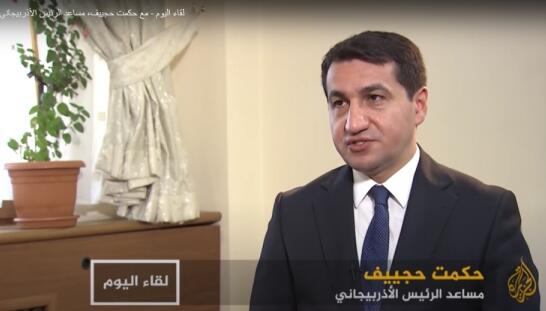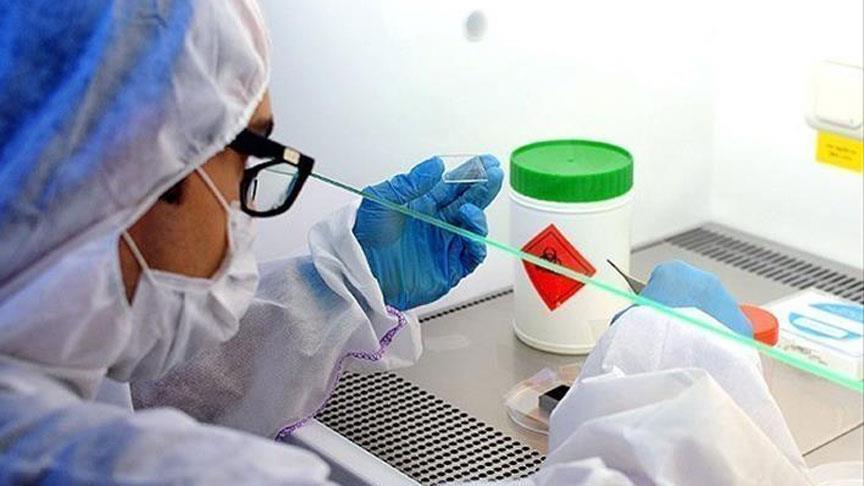Paracetamol, the active ingredient in most painkillers and antifebriles, are proven to reduce the ability to empathize, according to the scientists of Dokuz Eylul University's Faculty of Medicine.
Axar.az reports citing DS that the scientists decided to study paracetamol after a survey conducted in the U.S. by Ohio State University, claiming that an observation group which had taken drugs with paracetamol were less affected by violent photos and videos.
Taking funding from the Scientific and Technological Research Council of Turkey (TÜBİTAK), the scientists at Dokuz Eylul University kicked off a study titled "Effects of Paracetamol on Empathy" on mice, using the "empathy mechanism" created by Kwansei Gakuin University in Japan.
For 12 days, the mice are taught to save other mice from drowning, and if they managed to save their friends, they are given paracetamol. When the mice continued to take paracetamol, it took them longer to save the others from drowning. Those that took higher doses of paracetamol, on the other hand, did not even attempt to save the other mice. Commenting on the study, professor Nazan Uysal Harzadın said the mice who did not receive paracetamol saved the others from drowning in under a minute.
"Those who were given light doses of paracetamol lost their empathy in five days, while the ones that received higher doses lost their sense of empathy in three days. Paracetamol lowers the hormones in the brain which helps us empathize with others," Hazardın said.
Paracetamol is given to pregnant women and even newborn children, as it is considered safe; however, under the light of this new research, and others around the world, paracetamol's safety is on the table once again.
The results of Dokuz Eylul University's study were published in the magazine Pharmacology Biochemistry and Behavior.






















































